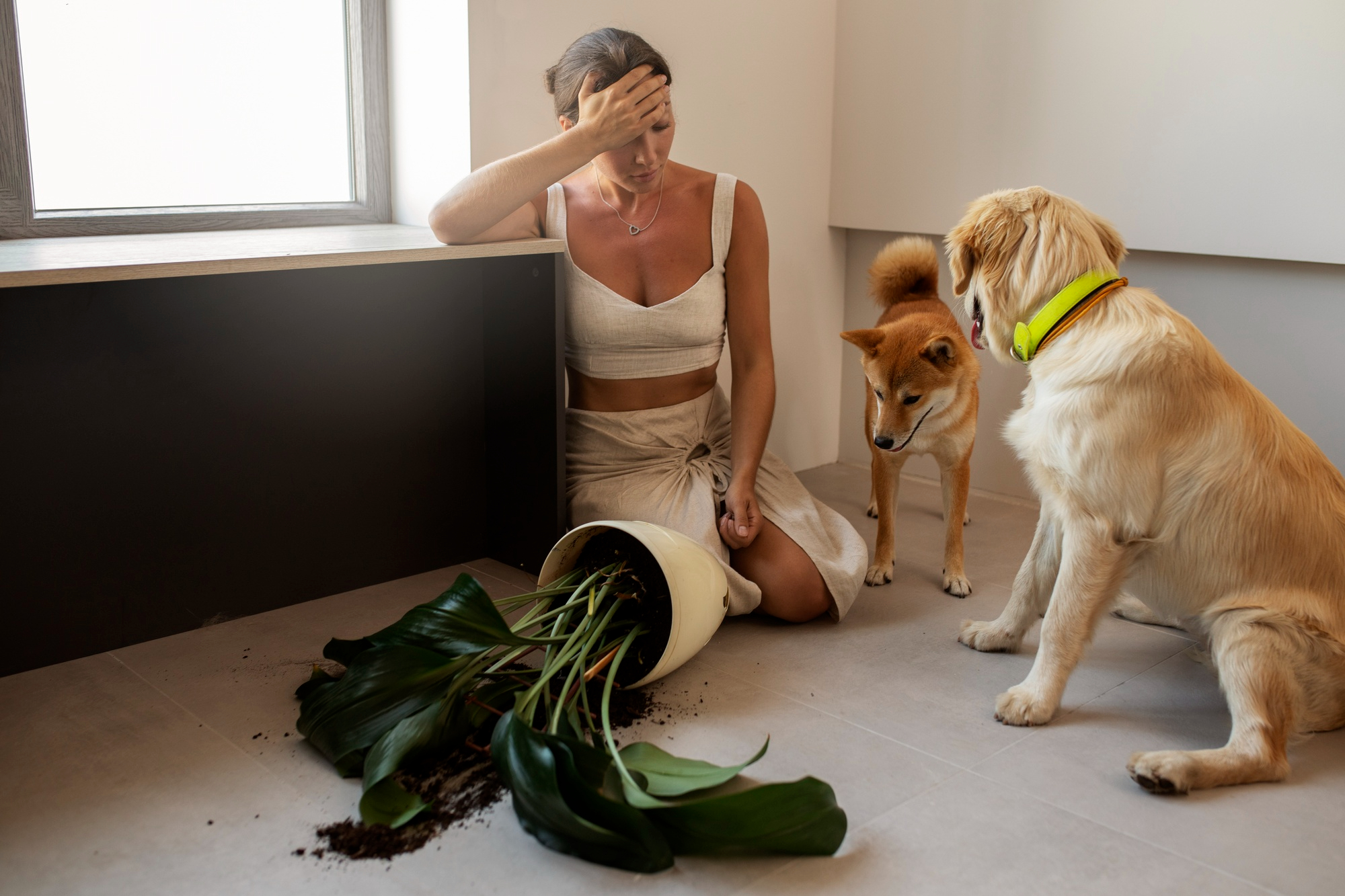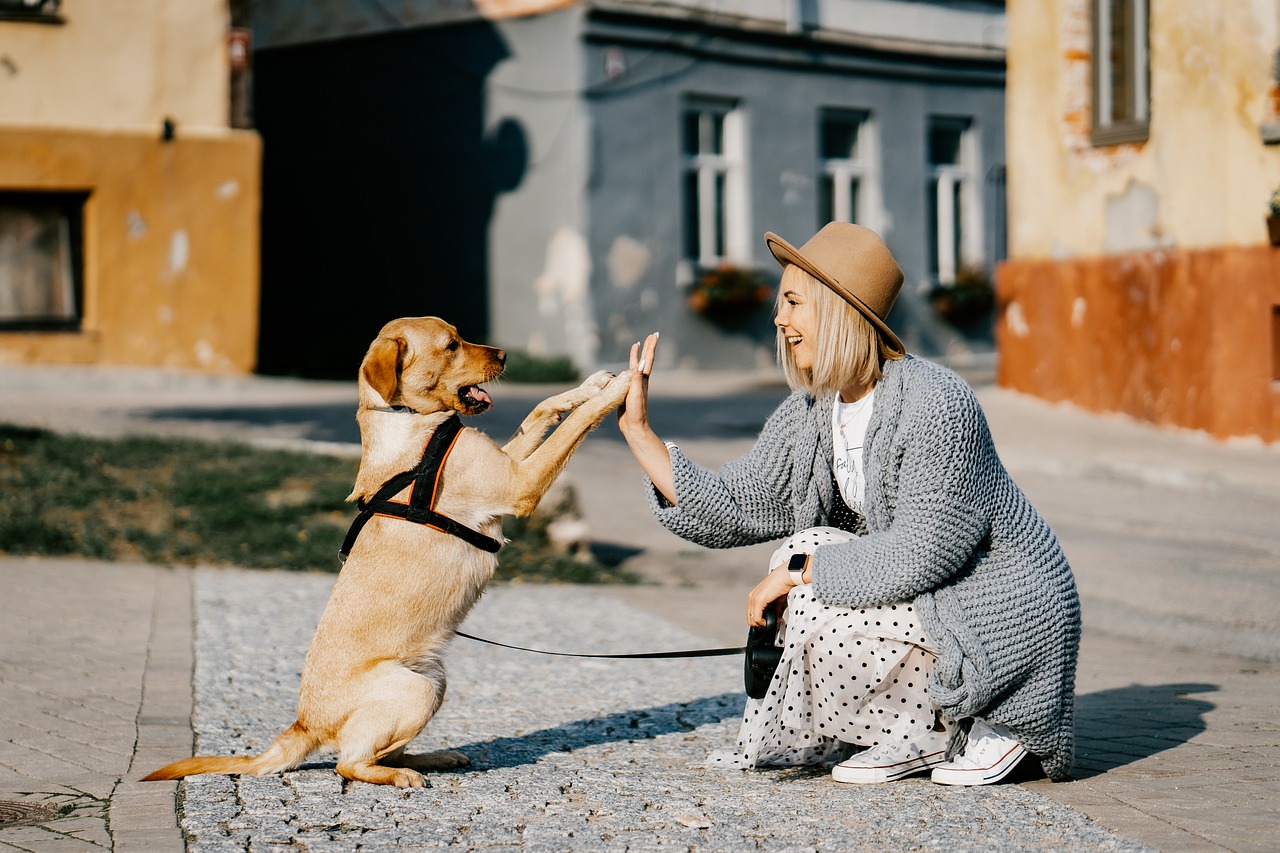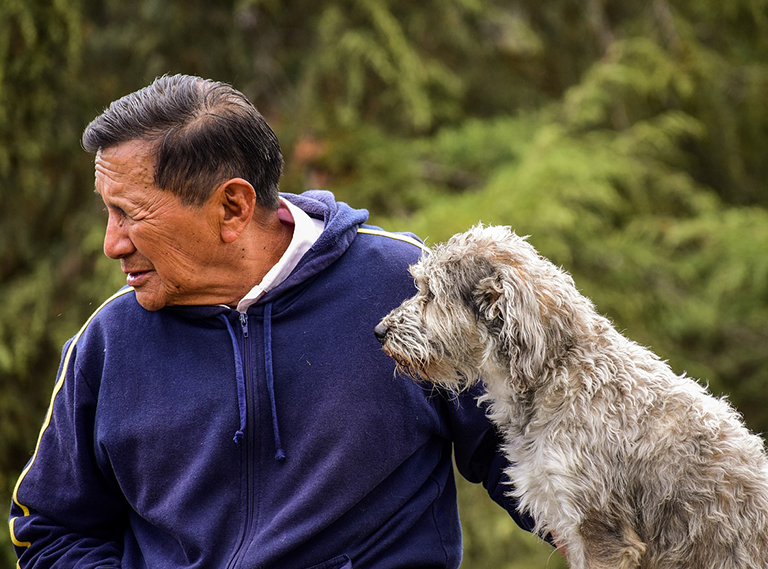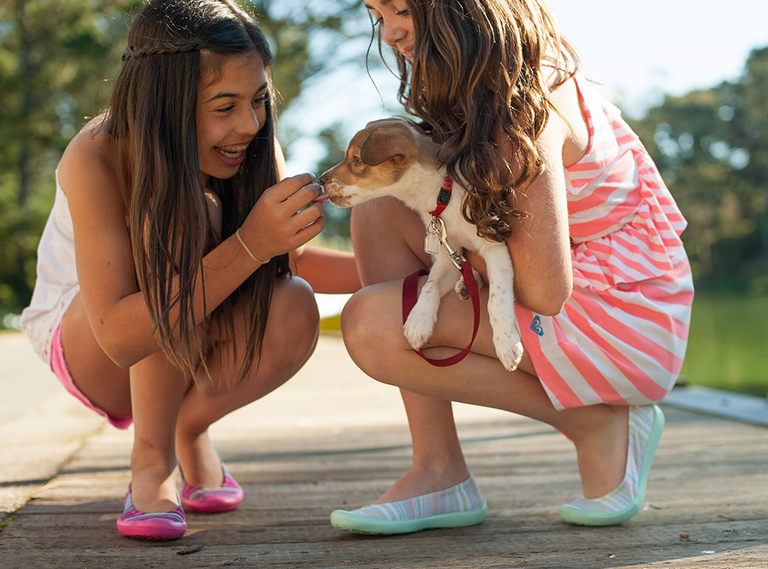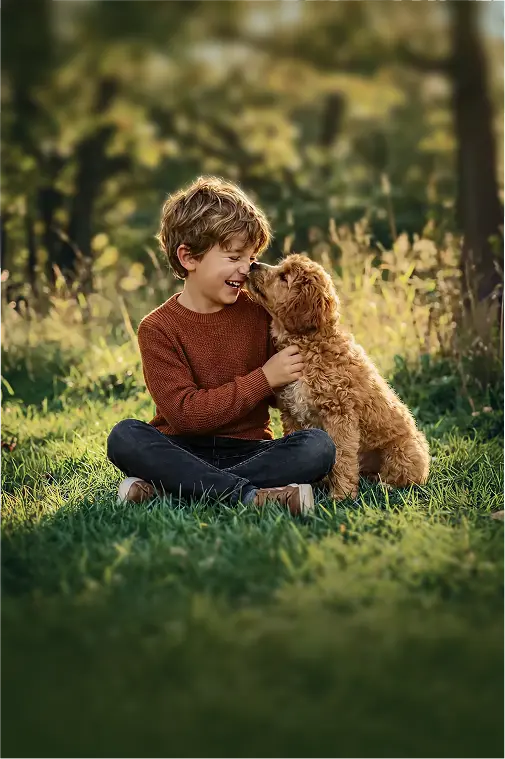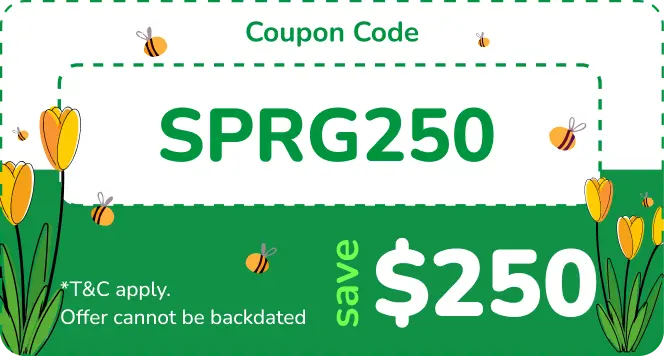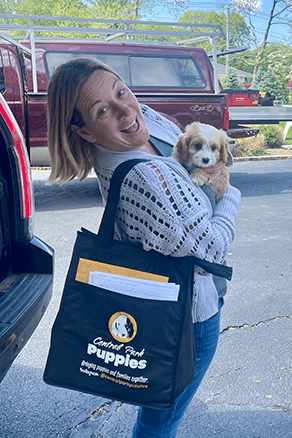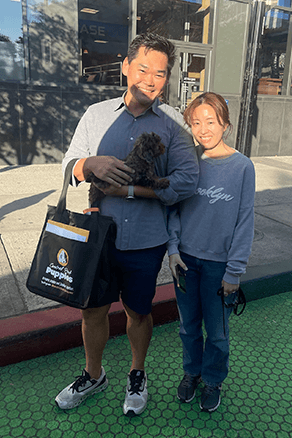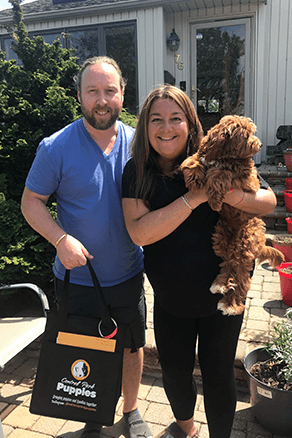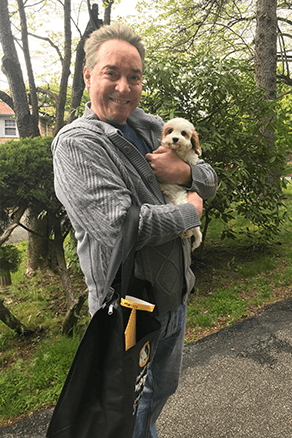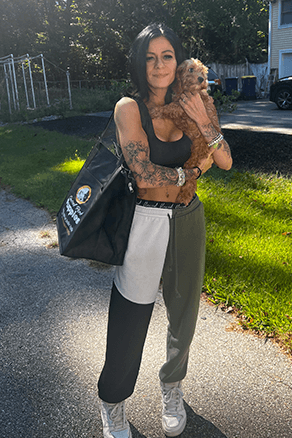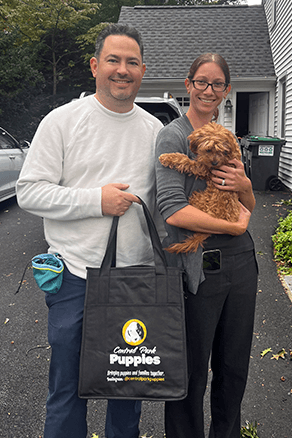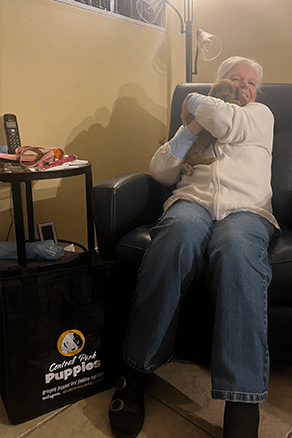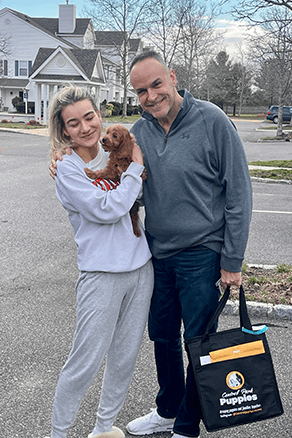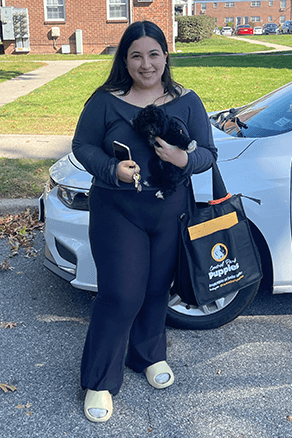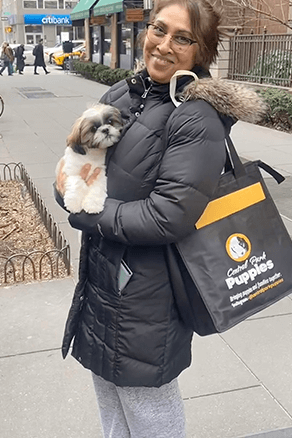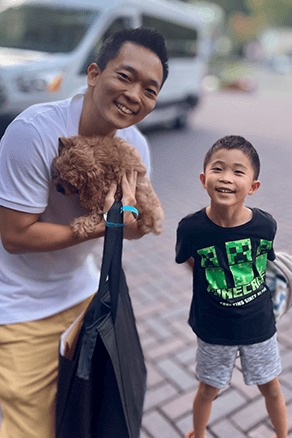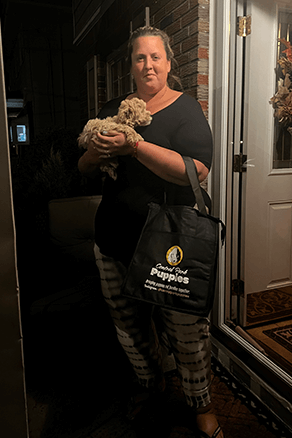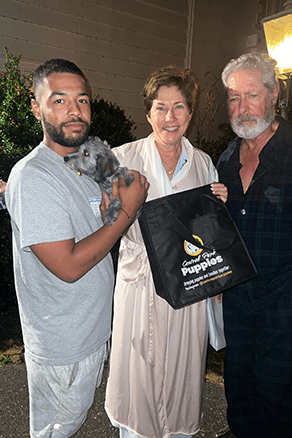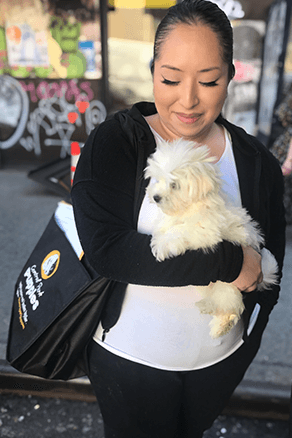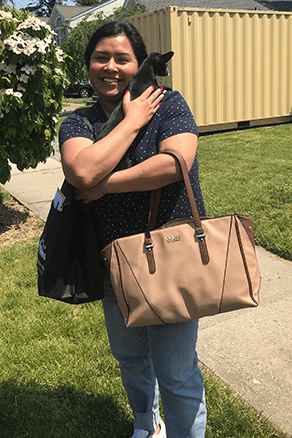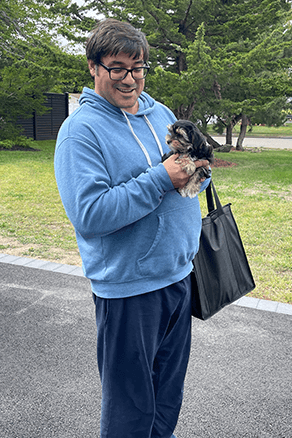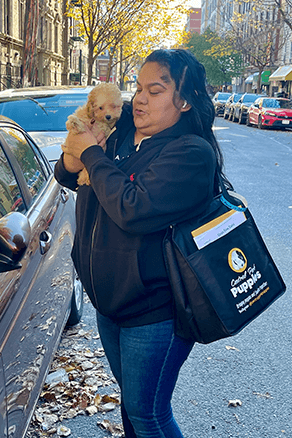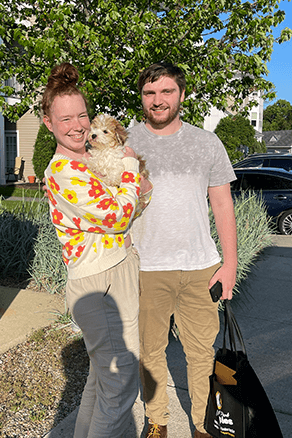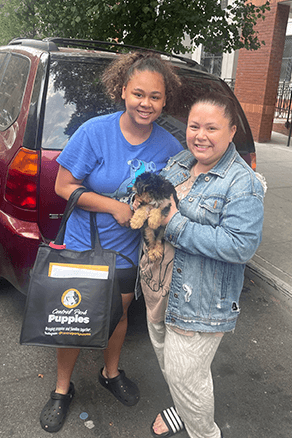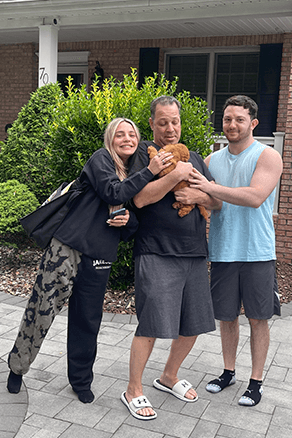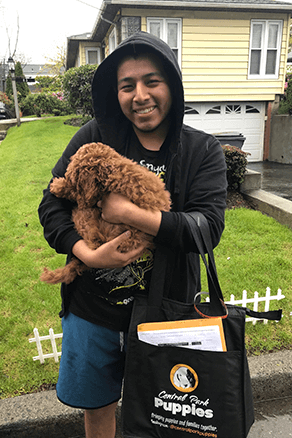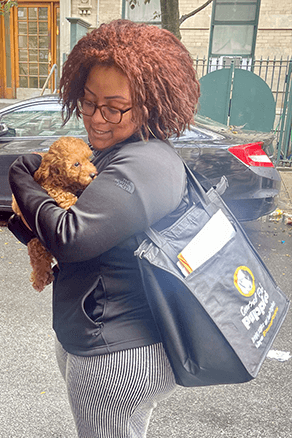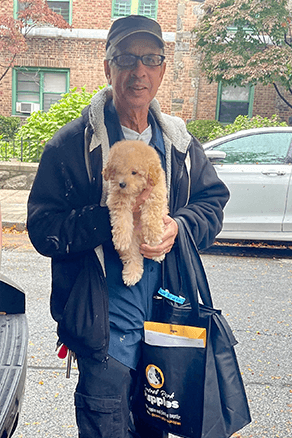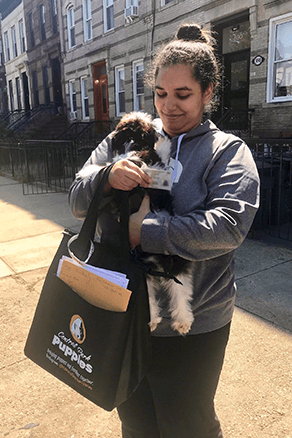So, you brought home a new furry friend! Congratulations! Between the adorable chew toys and endless cuddles, you’re probably on cloud nine. But wait… amidst the puppy kisses, are you also feeling a surprising wave of exhaustion, anxiety, and maybe even a touch of regret?
Hold on, this doesn’t mean you’re a bad puppy parent! This rollercoaster of emotions is actually a super common phenomenon called the “puppy blues.”
What Are The Puppy Blues?
The puppy blues describe a range of emotions new dog owners feel, despite all the pre-puppy excitement.
Imagine this: you’re adjusting to a brand new tiny roommate who needs constant attention, messy accidents happen, and sleep becomes a distant memory. It’s no wonder you might feel overwhelmed, anxious, or even question your decision. This is totally normal! You’re just getting to know each other, and it’s okay to have mixed feelings. The key is to acknowledge them and take steps to build that strong bond you envisioned.
Studies show nearly 70% of new dog owners experience some level of anxiety or depression when they first bring their pup home.
Signs You Might Have The Puppy Blues
Overwhelming Fatigue: New pups mean late-night potty breaks and early-morning walks. No surprise you’re tired! But if you’re feeling emotionally drained and lethargic, that could be a sign of the blues.
Anxiety Taking Over: Worrying about your puppy’s health, behavior, and well-being is natural. But if you find yourself constantly on edge, questioning your ability to be a good pet parent, the puppy blues might be whispering in your ears.
Second Guessing Yourself: Doubting your decision to own a puppy or feeling regret, especially during training challenges, is a strong indicator. Occasional frustration is normal, but constant regret or considering returning your new pup isn’t.
Irritability and Mood Swings: Feeling more irritable or angrier than usual? Maybe you snap at your pup for zooming around and knocking over a house plant in their wake (then feeling guilty after). Puppy blues can make minor issues feel like major meltdowns.
Social Butterfly No More: Ditched plans with friends because leaving your pup feels impossible? Avoiding talking about your furry friend with loved ones? This also could be a sign.
Feeling Down and Out: Experiencing unusual sadness or symptoms similar to depression, like losing interest in things you used to enjoy? The puppy blues might be the culprit.
What Triggers the Puppy Blues?
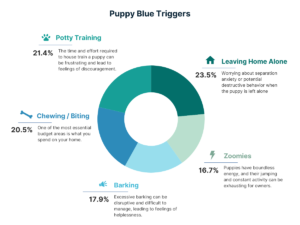
So How Do You Conquer Those Puppy Blues?
The good news? The puppy blues are temporary! Many new pet owners go through this phase and come out stronger on the other side. Here are some tips to help you weather the storm:
- Embrace Imperfection: Remember, no puppy is perfect, and training takes time. Set achievable goals to avoid frustration.
- Create a Routine: A predictable schedule for meals, walks, playtime, and sleep benefits both you and your pup.
- Connect with Other Pet Owners: Support groups and puppy classes can combat isolation and offer valuable advice.
- Take Breaks for Self-Care: Schedule time for yourself to relax and recharge. Prioritize sleep, healthy meals, and mental well-being.
- Enforce Nap Time: Puppies need tons of sleep – up to 18 to 20 hours a day! Consistent nap schedules mean a calmer pup and less bad behavior.
- Provide Mental Stimulation: Mental exercise is crucial for puppies. Keep your pup’s mind occupied with interactive toys and games to prevent destructive behavior.
- Reward Calmness: Use positive reinforcement to teach your puppy that calmness is desirable. Reward relaxed behavior with treats.
- Positive Reinforcement Training: Positive reinforcement builds trust and strengthens your bond with your pup.
- Track Your Progress: Keeping a journal or diary can help you see the positive changes and celebrate small victories.
- Seek Professional Help: If feelings of sadness or anxiety become overwhelming, consider talking to a therapist.
Here’s The Good News: It Gets Better!
Remember, this is a temporary adjustment period. With patience, consistency, and the strategies above, you’ll build a strong and loving bond with your furry companion. Eventually, you and your pup will be so close you can communicate without words – and that’s when the real magic begins!
